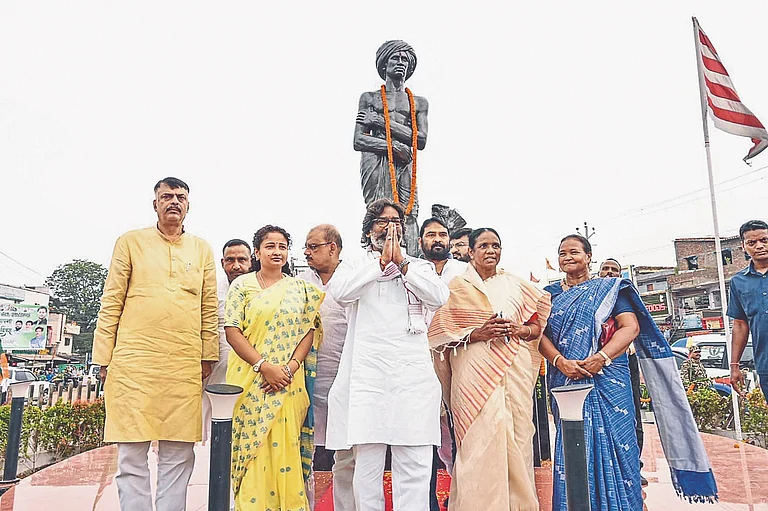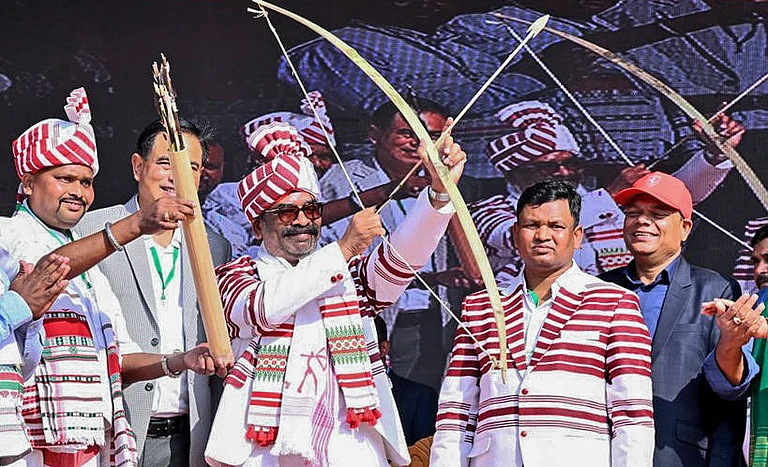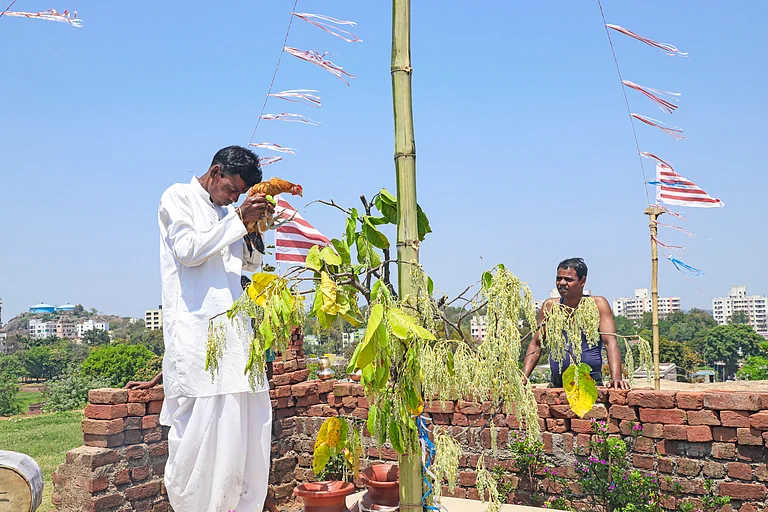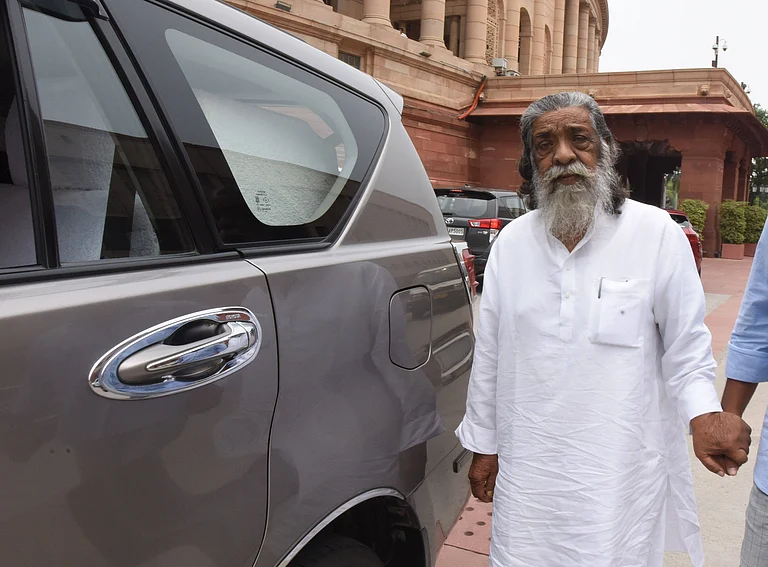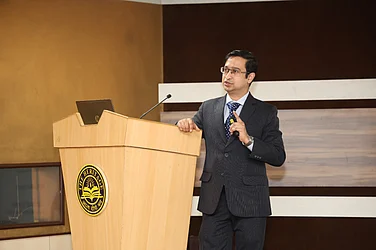Shibu Soren, revered as one of India’s tallest tribal leaders since Independence and affectionately called Dishom Guru by his people, passed away on 4 August at the age of 80. His death marks the end of an era in Jharkhand’s political and social landscape, leaving behind a towering legacy of grassroots struggle, tribal assertion, and a lifelong commitment to the rights of the marginalised.
Born on 11 January 1944 in Nemra village of Hazaribagh district in the then-united Bihar, Shibu Soren’s life was shaped by the harsh realities of exploitation faced by tribal communities. He was in his teens when his father, Shobaran Soren, was murdered by moneylenders—an event that left a profound impact on his worldview. He emerged as a fierce leader in the movement against oppressive moneylenders in the Santhal Parganas, rallying villagers to reclaim their dignity and livelihoods.
Soren’s early activism was rooted in the conviction that tribal people must control their own land and resources. In the 1970s, his political journey gained direction when he became the General Secretary of the Jharkhand Mukti Morcha (JMM), an organisation formed to demand a separate state for Jharkhand and to protect tribal rights. Under his stewardship, the JMM spearheaded mass agitations to reclaim tribal lands that had been alienated over decades. Soren and his comrades were known for their bold actions—leading groups to forcibly harvest crops on lands that once belonged to tribal families but had been taken over by landlords.
In 1973, Soren co-founded the JMM with Marxist trade unionist A.K. Roy and Kurmi-Mahto leader Binod Bihari Mahto. The JMM quickly emerged as the main political force advocating for a separate tribal state, gaining widespread support in the Chotanagpur and Santhal Pargana regions.
Known for delivering what his supporters called “instant justice,” Soren would sometimes hold informal people’s courts to resolve disputes between landlords, moneylenders, and tribal villagers. These sessions earned him deep respect among his people, who saw him as a guardian of their traditions and a protector of their rights.
Through the 1980s and 1990s, Shibu Soren’s leadership became synonymous with the struggle for the formation of the Jharkhand state. His political acumen, ability to mobilise the masses, and deep connection with grassroots issues made him a formidable presence in both state and national politics. When Jharkhand was carved out of Bihar in 2000, Soren’s decades of advocacy had finally borne fruit, and he assumed a central role in shaping the young state’s political trajectory.
Over his long political career, Soren served as Chief Minister of Jharkhand, as a Member of Parliament multiple times, and as a Union Cabinet Minister. Yet it was his bond with the people of Jharkhand—particularly the tribal communities—that remained at the heart of his public life. To his supporters, he was not just a politician but a symbol of resistance, a leader who had walked alongside them in their struggles and celebrations.
News of Soren’s passing prompted an outpouring of grief across political lines. Jharkhand Chief Minister and his son, Hemant Soren, expressed his loss in deeply personal terms. Posting on X, Hemant Soren wrote: “Our respected Dishom Guru (or great leader) has left us. I have nothing left.” The heartfelt message captured the immense void his absence leaves, not only in the family but also in the hearts of millions in Jharkhand.
Prime Minister Narendra Modi also paid tribute on X, recognising Soren’s enduring contribution to public life: “Shri Shibu Soren Ji was a grassroots leader who rose through the ranks of public life with unwavering dedication to the people. He was particularly passionate about empowering tribal communities, the poor, and the downtrodden…”
As tributes pour in from across the country, Shibu Soren will be remembered as a leader whose political journey was inseparable from the story of Jharkhand’s creation and the assertion of tribal identity in modern India. His life’s work—rooted in justice, self-respect, and the tribal people’s right to live with dignity—remains a guiding light for future generations.
In the villages of Jharkhand, elders will recount tales of the fearless young man who took on moneylenders after his father’s murder, the leader who reclaimed fields for his people, and the Dishom Guru who stood unflinchingly by the poor. For them, Shibu Soren’s legacy is not confined to legislative records or electoral victories—it lives on in the soil, the fields, and the collective memory of a people whose cause he championed throughout his life.



